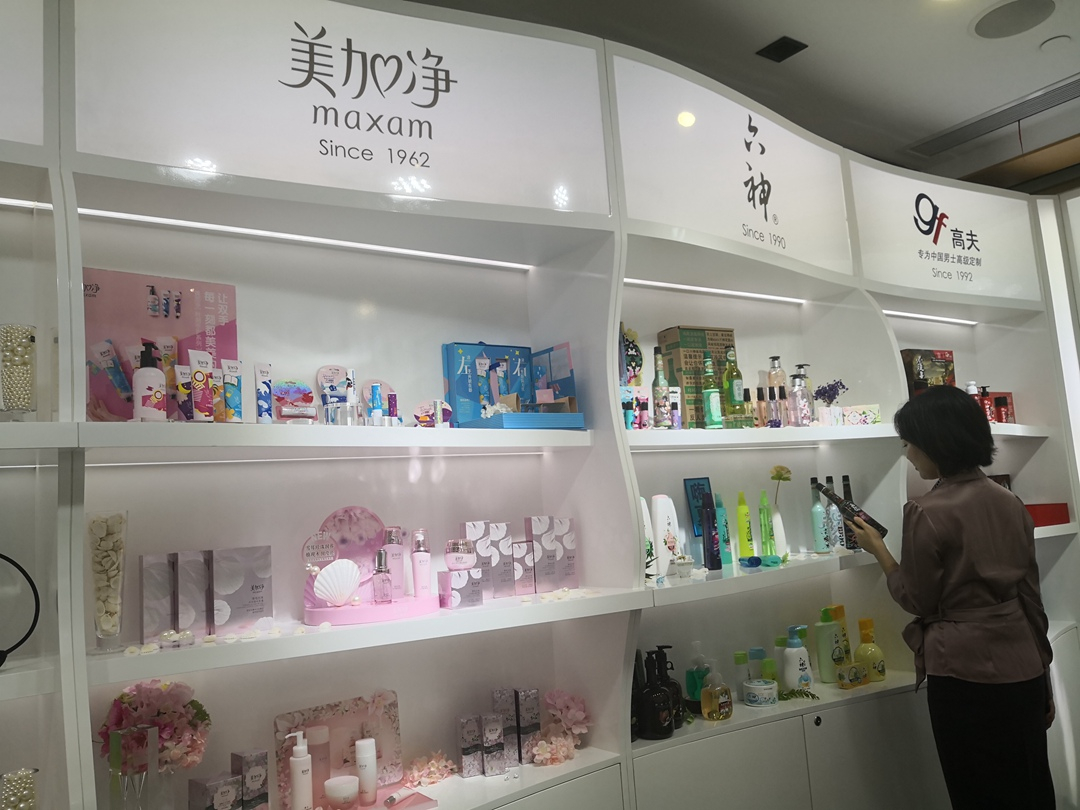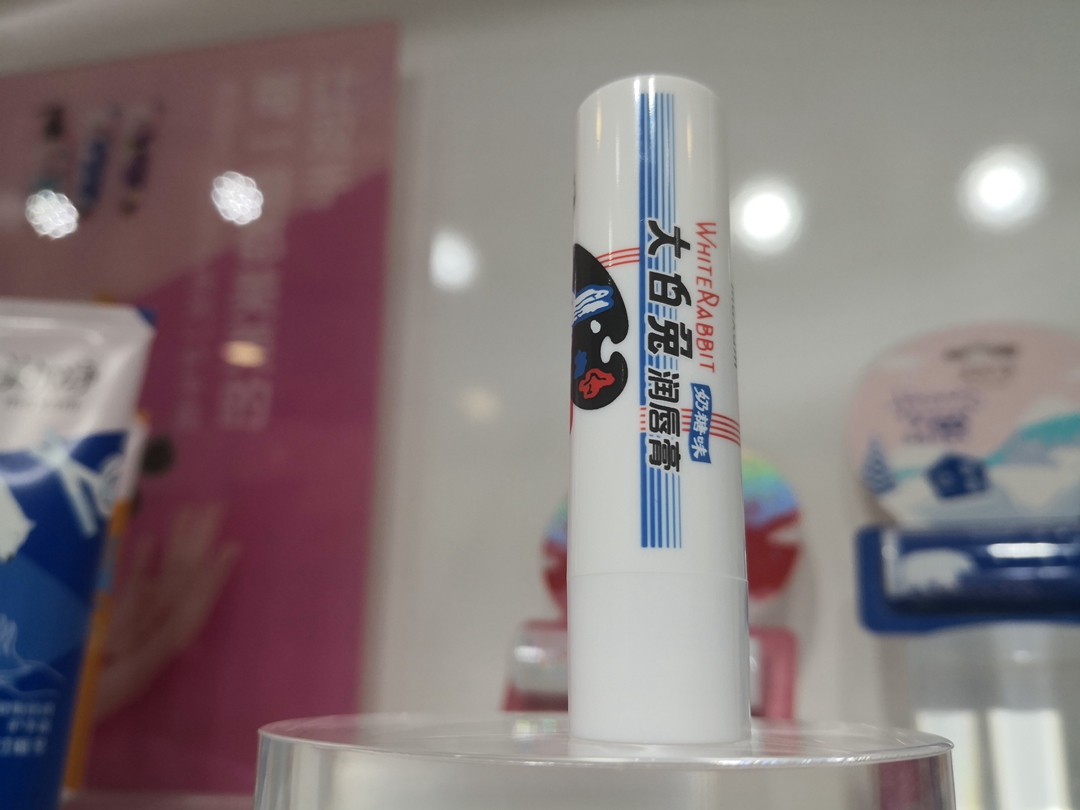
Business
18:11, 09-Nov-2018
Chinese brands gain credibility amid global competitions
Updated
18:07, 12-Nov-2018
Wang Mengzhen
02:36

Chinese consumers, particularly the younger ones, are more likely to opt for domestic brands over their international competitors even in product sectors where the latter had an edge some years ago, according to latest survey and trends, giving a fresh push to the "Made in China" phenomenon.
Local products are considered "more suitable" and offer a better "value for money", Chinese consumers told CGTN.
“The product needs to be suitable no matter where it's from. For cosmetics and skincare products, I feel local brands fit the skin types of Asian people a bit better,” a young shopper said.
“I prefer quality products at a cheaper price. Safety assurance is important. For example, I usually feel more reassured by foreign dairy products, but some local yoghurt brands nowadays really have better and more diverse flavors,” quipped another shopper.
A recent report by consulting firm McKinsey also indicate that Chinese consumers now have no clear preferences for domestic or their foreign counterparts. Value for money has become their top concern.
The report, published in late 2017, went on to state that "Made in China" products are becoming more credible, especially gadgets and personal care. For instance, over 75 percent of Chinese consumers said they prefer local personal care products, a 25 percent jump from 2012.

Shanghai Jahwa, a personal care and cosmetics giant that's been around for more than 100 years, has launched several cross-industry cooperation projects to woo younger customers. /CGTN Photo
Shanghai Jahwa, a personal care and cosmetics giant that's been around for more than 100 years, has launched several cross-industry cooperation projects to woo younger customers. /CGTN Photo
Shanghai Jahwa, a personal care and cosmetics giant that's been around for more than 100 years, has launched several cross-industry cooperation projects to woo younger customers.
This includes the classic candy-inspired lip balm, which has become a huge hit on China's several e-commerce platforms. But the company admits that the key in finding success still lies in scientific research.

This classic candy-inspired lip balm, a joint product of two old Chinese brands, has become a major hit on China's many e-commerce platforms. /CGTN Photo
This classic candy-inspired lip balm, a joint product of two old Chinese brands, has become a major hit on China's many e-commerce platforms. /CGTN Photo
“First, we've established a scientific innovation lab to focus more on prospective studies. Second, we've integrated a variety of research resources from domestic and international medical institutions. Our research efforts may sound less smart in a commercial sense, but we hope to represent higher-end Chinese products,” said Yu Wei, chief marketing officer at Shanghai Jahwa United.
As China's business center, Shanghai is leading the way. This April, local authorities launched a three-year action plan to reshape the reputation of Shanghai brands.
But on the other hand, Chinese products are facing more competition as the country continues to open its door wider to global products.
But experts say greater competition actually does more good than harm for Chinese brands.
“Rejecting competition isn't wise. On one hand, Chinese firms should think about improving their competitiveness. On the other, they can also learn from global competitors in management, business models and technology,” said Associate Professor Liu Chunsheng at Central University of Finance and Economics in Beijing.
With China's very first international import expo underway in Shanghai, experts also hope platforms like this could boost international collaboration between Chinese and foreign brands, thus helping "Made in China" products climb up the global value chain.

SITEMAP
Copyright © 2018 CGTN. Beijing ICP prepared NO.16065310-3
Copyright © 2018 CGTN. Beijing ICP prepared NO.16065310-3